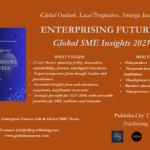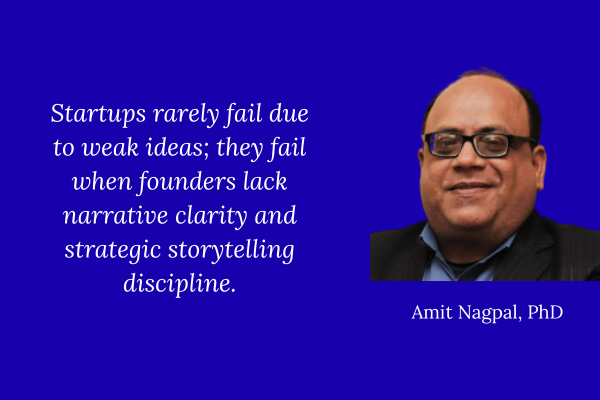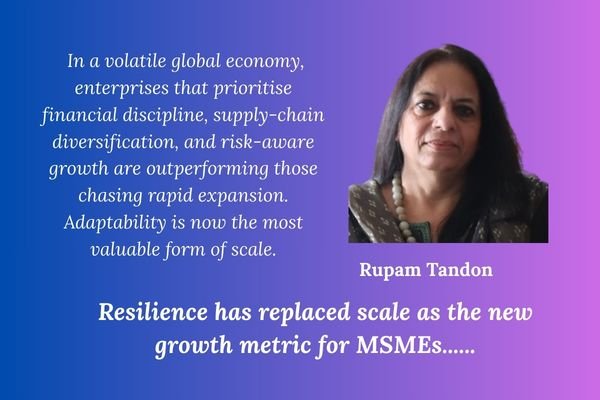Free Trade Agreements (FTAs) fuel economic growth by cutting tariffs and opening markets, yet they miss a critical inefficiency: labor market disparities tied to racial or ethnic factors that sap productivity and growth. Trade isn’t just goods—it’s the workers powering innovation and supply chains. When hiring biases and wage gaps limit talent based on demographics, economies lose billions—up to 4% of GDP in advanced nations, per the IMF. FTAs, designed to maximize prosperity, can’t ignore this drag. Adjusting them to address these gaps could unlock significant gains in efficiency and output.
The Cost of Labor Market Gaps
Evidence highlights inefficiencies tied to these disparities. The International Labour Organization (ILO) finds migrant workers—frequently from minority backgrounds—earn 13% less than nationals in high-income countries, a gap not fully explained by skills or qualifications. In the US, McKinsey’s 2021 analysis notes Black professionals with comparable credentials face a 20-25% wage differential, with only 5% reaching senior roles despite representing 13% of the workforce. The UK’s 2022 TUC survey reports a 12% median pay gap for Black and Minority Ethnic (BME) workers, alongside recruitment challenges. The EU’s 2020 Eurobarometer data shows 33% of ethnic minorities perceive bias in job applications, while Australia’s 2023 Diversity Council finds Asians and Africans with advanced degrees are 30% less likely to secure interviews, earning 15% less when hired.
High-skill sectors illustrate the issue starkly. Indian IT professionals, critical to tech economies, earn €15,000 annually in Germany versus €75,000 for locals (OECD 2022), and $80,000 in the US versus $150,000 for domestic peers (BLS 2023), despite equivalent expertise. This wage suppression limits the mobility of talent that modern trade systems depend on, creating inefficiencies rather than competitive advantages.
The Economic Opportunity
Addressing these gaps offers substantial gains. The IMF estimates that reducing labor market disparities could boost GDP by 2-4% in advanced economies—potentially $1 trillion annually for the US. The ILO’s 2023 Global Wage Report suggests Germany loses €30 billion yearly in productivity as skilled migrants pursue better opportunities elsewhere. A 2020 World Economic Forum study ties diverse workforces to a 19% increase in innovation revenue, an edge diminished by exclusionary practices. In the UK, the 2021 Parker Review shows FTSE 100 firms with diverse boards outperform peers by 3.5% annually, though ethnic minorities hold just 13% of director roles. In the US, Black-owned firms added $183 billion to GDP in 2022 (McKinsey)—a figure that could grow with equitable access to trade resources.
Critics argue that markets naturally resolve wage differences through competition, attributing gaps to visa policies or negotiation leverage rather than bias. However, a 2023 Harvard Business Review study finds résumés with African or Asian names receive 50% fewer callbacks than identical ones with white-sounding names—a pattern consistent since 2004. This suggests structural barriers, not just market dynamics, are at play.
Corporate Insights
Surveys underscore these inefficiencies. In the UK, 60% of BME workers report promotion barriers (TUC 2022). The EU’s 2021 FRA survey finds 45% of Sub-Saharan Africans encounter hiring obstacles, with a 20% wage gap in tech. In Australia, Asian PhD holders earn 18% less than white peers (ANU 2022), while in Germany, Indian IT workers cite a “foreigner penalty” in pay (IW 2023). In the US, 55% of Asian tech workers link earnings caps to demographic factors (Pew 2022). These patterns signal untapped potential that FTAs could help unlock.
Enhancing FTAs for Efficiency
Current FTAs, like the USMCA or EU-India negotiations, address labor standards broadly but lack specific mechanisms to tackle these disparities. The USMCA’s labor provisions, for instance, don’t enforce wage parity or hiring equity. By contrast, the EU’s Racial Equality Directive (2000) reduced hiring bias by 15% in member states (EC 2023), showing policy can drive change. FTAs could adopt practical measures:
- Standardize Pay Norms: Include “equal pay for equal work” guidelines linked to ILO benchmarks, with optional audits to monitor compliance. The ILO projects this could reduce wage gaps by 10% in five years, narrowing disparities like those faced by Indian IT workers.
- Streamline Talent Mobility: Expand GATS Mode 4 to standardize skill recognition and reduce visa-related wage penalties, ensuring talent flows efficiently across borders.
- Support Diverse Suppliers: Encourage—rather than mandate—a target like 5% of supply chain contracts for minority-owned firms, mirroring World Bank success in South Africa, where Black exporters grew 25% since 2015.
The Broader Impact
Unresolved labor gaps risk disrupting global cooperation. India, a major source of US H-1B visa holders, and countries like Nigeria and the Philippines, key suppliers of healthcare workers, may redirect talent if disparities persist. UNCTAD’s 2023 report warns human capital mobility could decline 20% by 2030 without action, costing tech $5 trillion and healthcare $2 trillion. Investors managing $40 trillion in ESG assets (Bloomberg 2023) increasingly prioritize equitable systems, suggesting FTAs that address these issues could attract more capital.
Implementing such measures might raise trade costs slightly—audits could add 1% to expenses—but the economic upside far outweighs this. A more efficient labor market fuels growth; persistent inefficiencies hinder it. FTAs have the potential to enhance not just trade in goods, but the human capital that underpins it. Policymakers should consider these adjustments to ensure trade agreements deliver their full economic promise.
Author Profile

-
Perumal Koshy is Editor of Global SME News and Director of Strategic Initiatives at Enterprise Futures Lab. He writes on MSMEs, enterprise development, and policy issues affecting small business ecosystems.
Linkedin: https://www.linkedin.com/in/caushie/
Latest entries
 FEATURED2 February 2026Outlook 2026 | Real Estate: Infrastructure-Led Growth, Integrated Communities, and the Trust Imperative
FEATURED2 February 2026Outlook 2026 | Real Estate: Infrastructure-Led Growth, Integrated Communities, and the Trust Imperative Entreprenurs30 January 2026Quality, Crisis, and Consistency: The Rungta Tea Story
Entreprenurs30 January 2026Quality, Crisis, and Consistency: The Rungta Tea Story Entreprenurs21 August 2025Entrepreneurship, Values, and Corporate Governance: Building Nations, Not Just Profits
Entreprenurs21 August 2025Entrepreneurship, Values, and Corporate Governance: Building Nations, Not Just Profits Africa13 August 2025 A New Landmark Report Calls for Rethinking SME Policies, Digital Readiness, and Sustainable Growth
Africa13 August 2025 A New Landmark Report Calls for Rethinking SME Policies, Digital Readiness, and Sustainable Growth








